"We rejected the entire migration pact from the very beginning and we will not implement it, because it is unacceptable that some European leaders unleashed migrants on their own countries, and now they want to shift the burden onto us. If every county protected their own external borders, the migration problem would be zero. But when some even make gestures, and when problems arise, they push them onto us — that is something we will never accept. At some point, Brussels should reflect on its own responsibility as well," said Gergely Gulyas, Minister heading the PM’s Office, on the program The Hour of Truth, responding to the European Commission's plan that would require Hungary to take in migrants from next year.
Hungary is not the only country holding this position, Poland shares the same stance, the minister added.
This EU migration pact is doomed to fail. If Brussels succeeds in installing its puppets at the helm of Hungary's government, then there will be someone to carry out this deal. But as long as Hungary has a national, civic government, migrants will not enter this country,
he underlined. He also stressed that the European Union has no means to force Hungary to accept its will. Referring to the statement of Laszlo Keri, an expert linked to the Tisza Party, who claimed Hungary should ask to be readmitted to Europe, Mr. Gulyas called it the clearest proof of a deeply distorted way of thinking.
The Left in Denial After the Orban–Trump Meeting
Gergely Gulyas also addressed why the Left is trying to downplay the importance and success of the recent meeting between Prime Minister Viktor Orban and U.S. President Donald Trump. "It cannot be disputed that this meeting had serious, tangible results. Ridiculous claims are being made," he said, adding that he is convinced that if there is to be an American–Russian peace summit in the future, it will take place in Hungary.
Speaking about the financial shield, Minister Gulyas explained that the most important thing is that an agreement exists, and in the event of financial difficulties, the United States would assist, but at present, Hungary does not need such help.
Hungary's economy stands on solid ground despite war-related challenges. The forint’s exchange rate is strengthening and improving, and we are achieving all our political goals while maintaining financial security,
he stated. Commenting on statements made by Andras Karman, who recently joined the Tisza Party, Gergely Gulyas recalled that he has always represented the interests of banks and multinationals, which perfectly aligns with Tisza’s program and intentions. "Contrary to Karman's claims, the recent negotiations with the United States did not violate the independence of Hungary’s central bank. The government represented the state with full respect for institutional independence," he said.
The program also mentioned Mark Karoly Molnar, formerly one of Peter Magyar’s most enthusiastic supporters, who has now announced that he can no longer identify with the Tisza and has left Magyar’s movement.
Host Balazs Nameth noted that while the reason for his departure was not specified, it is clear that even the inner circle of the movement is starting to disintegrate.







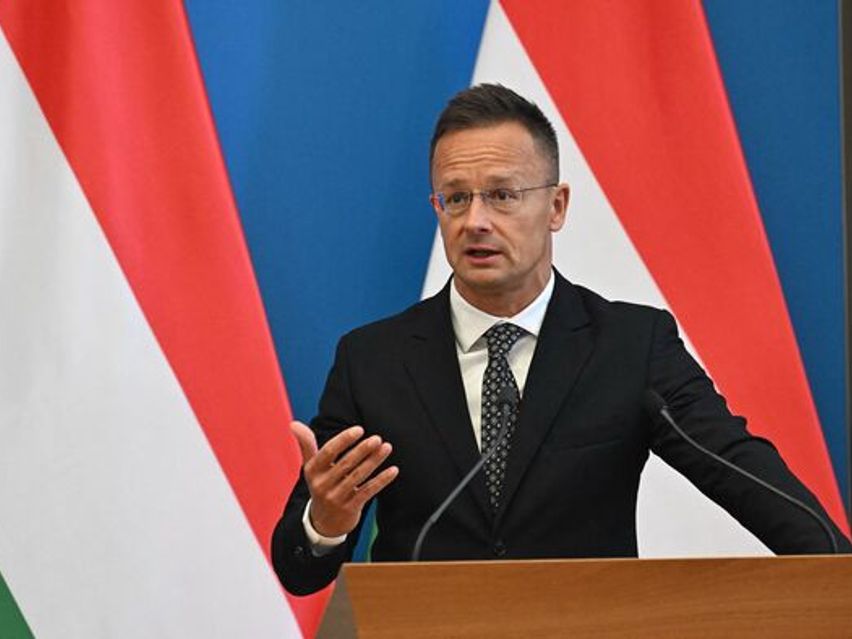

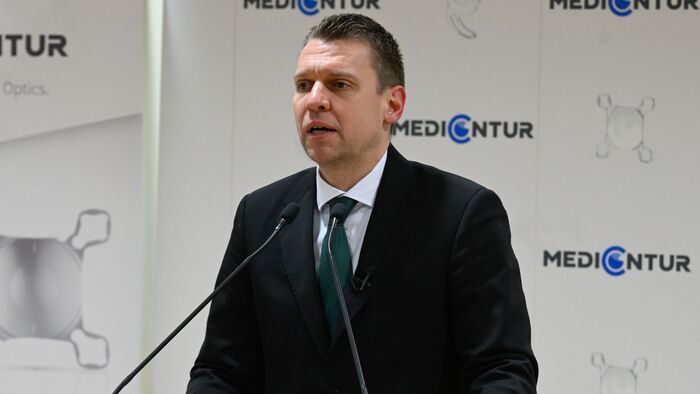

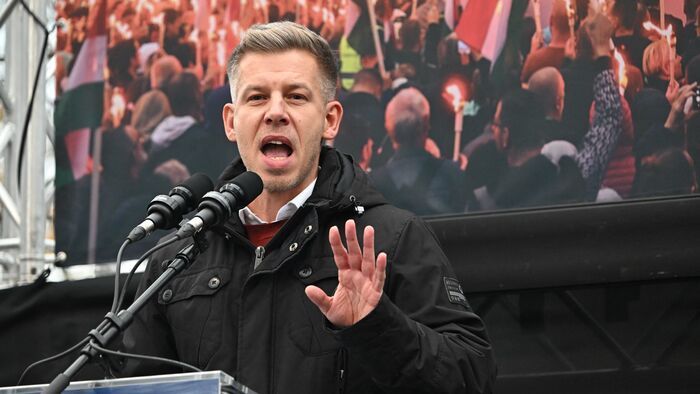



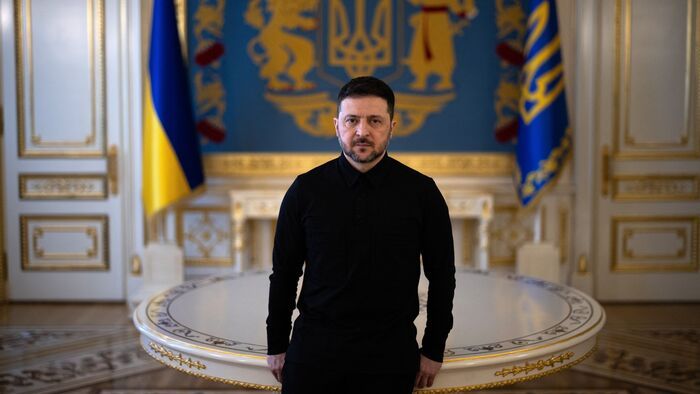
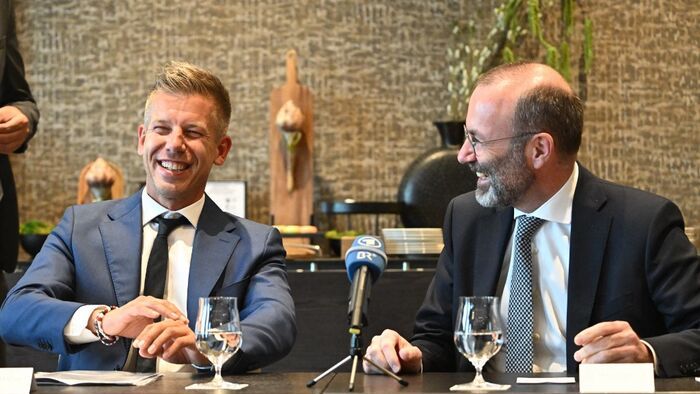






Szóljon hozzá!
Jelenleg csak a hozzászólások egy kis részét látja. Hozzászóláshoz és a további kommentek megtekintéséhez lépjen be, vagy regisztráljon!